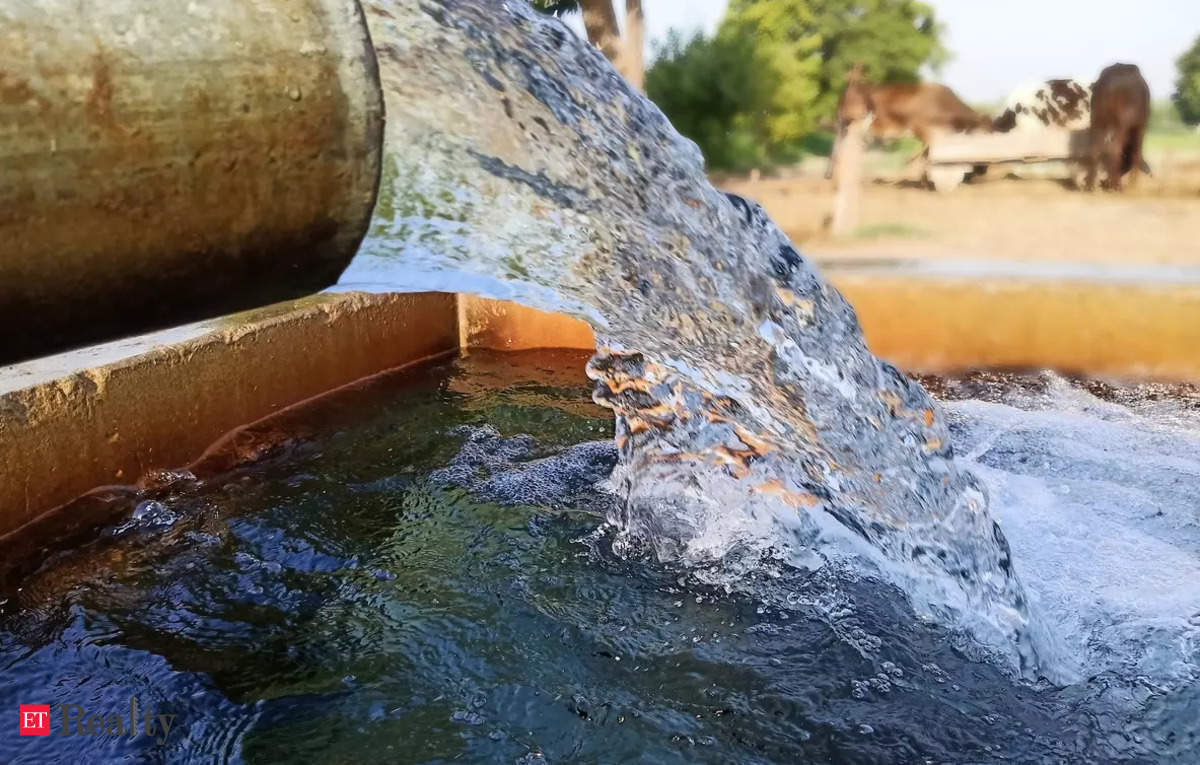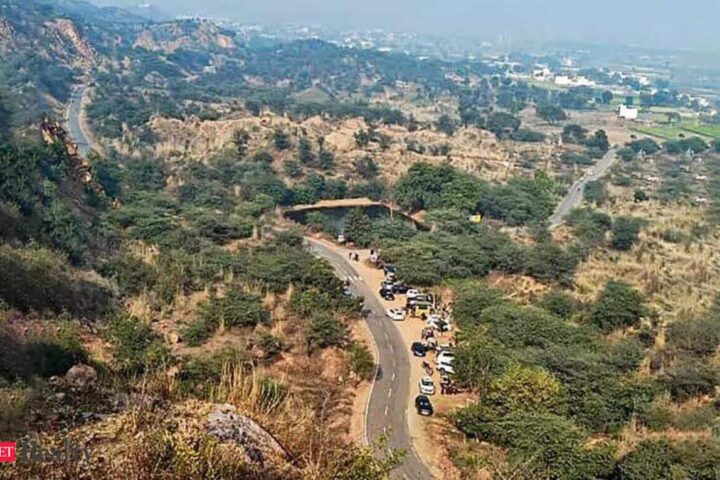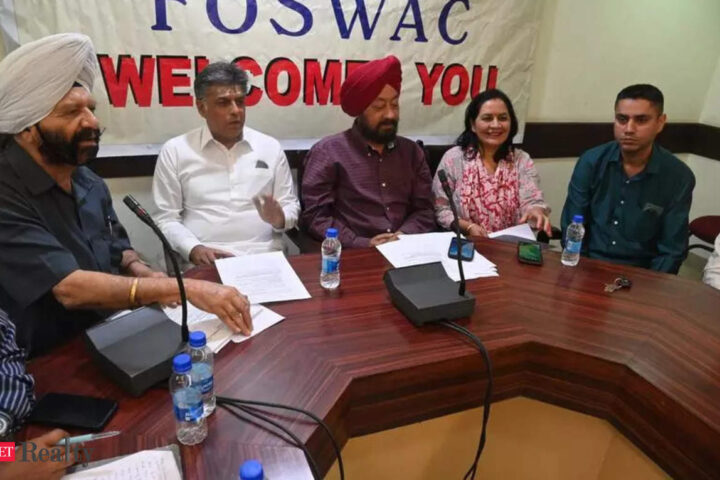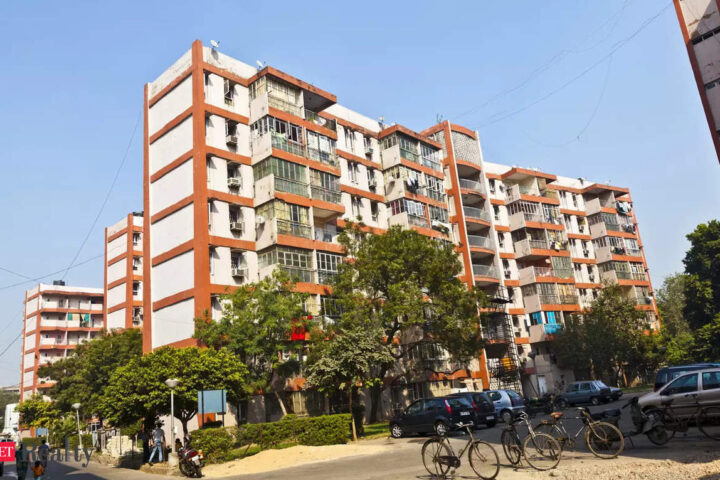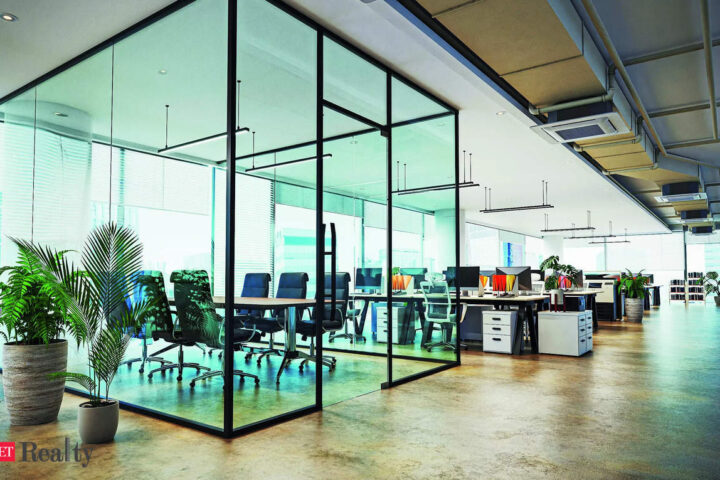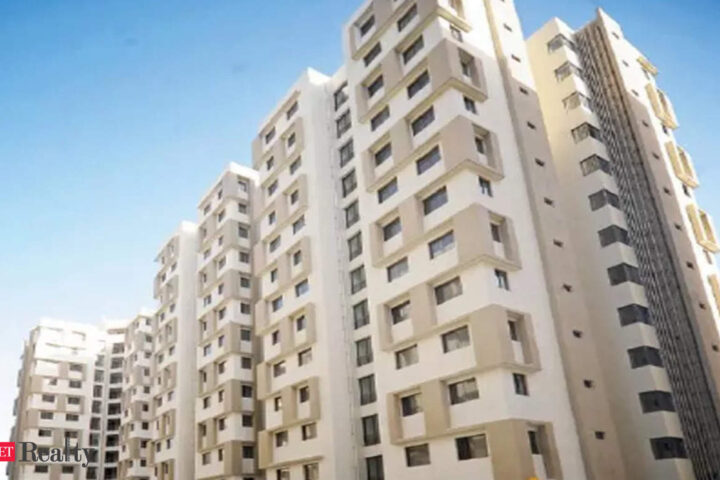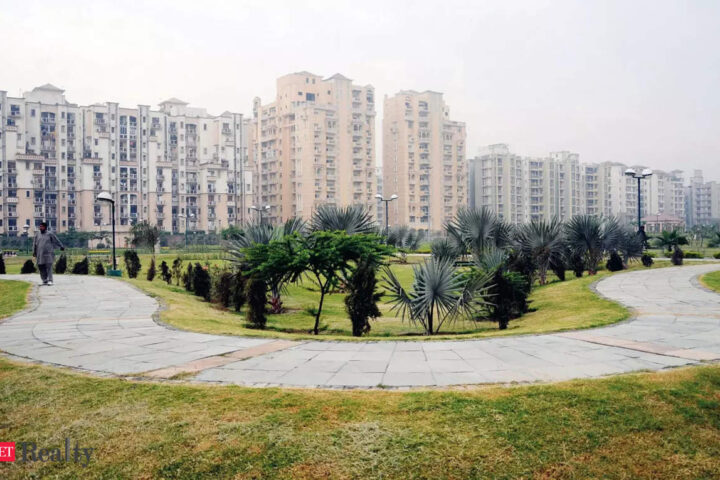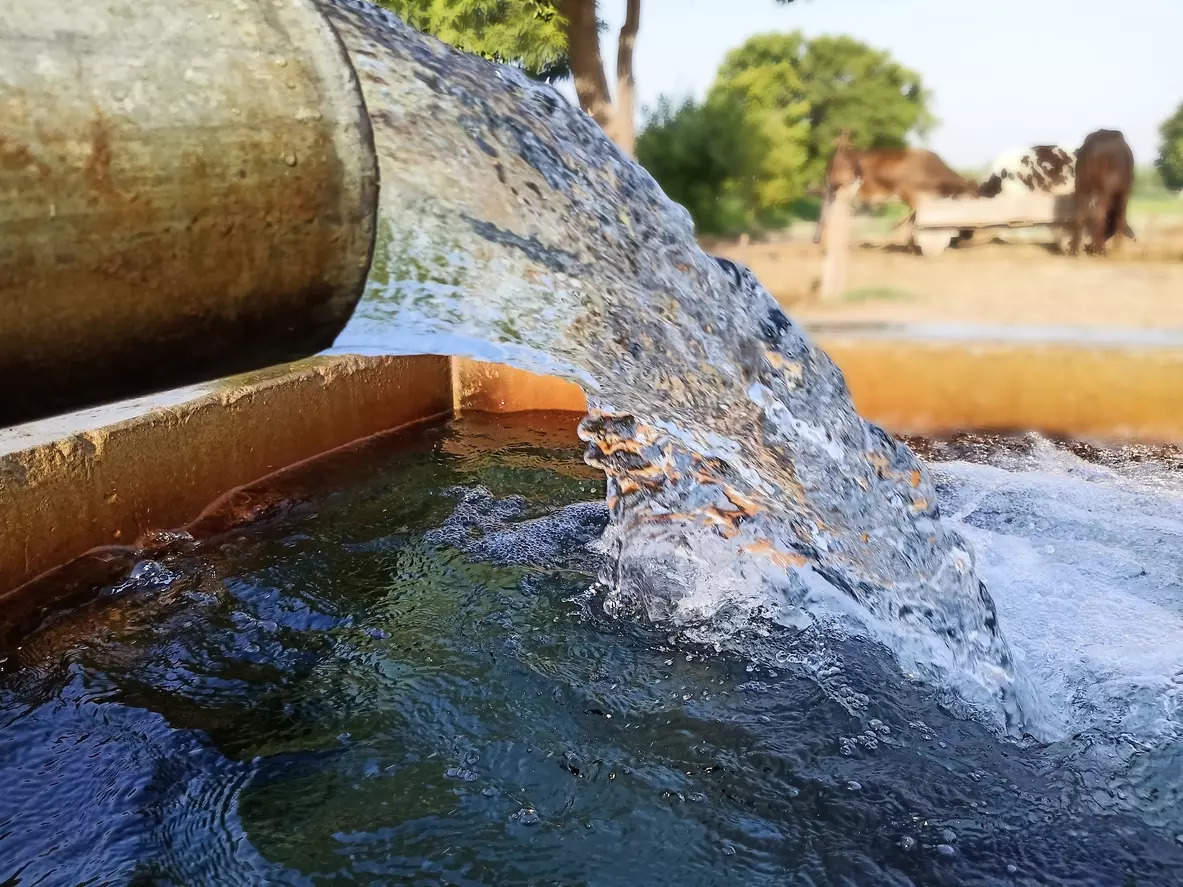
Against the backdrop of escalating water stress in major cities and the looming summer heatwave, prospective homebuyers are increasingly seeking assurances that projects are equipped to handle these challenges going forward.
Large property developers across India have stepped up efforts to incorporate water conservation measures into projects, aiming to mitigate environmental impact and this is prompting other small and mid-sized developers to implement these measures.
According to brokers operating in various property markets, these measures are turning out to be a key differentiator for conclusion of sales transactions.
Established developers including Lodha, Prestige Group, Mahindra Lifespace Developers, Godrej Properties, Brigade Group, and Sobha have already put various measures into practice within their projects and are continuing to expand upon these initiatives.
“Heat waves serve as a stark reminder of the looming climate risks, exacerbating urban heat and placing immense strain on water resources that are limited, particularly in densely populated areas. They also present major health and productivity challenges that a developing country like ours cannot afford,” said Aun Abdullah, ESG Head, Lodha.
According to him, integrating passive designs and green spaces into urban planning can mitigate urban heat and enhance energy and water self-sufficiency. This proactive approach promotes city resilience and sustainability amid climate change, safeguarding citizen well-being and equity.
Lodha has conducted a climate risk assessment for its operating areas, projecting impacts like heat stress and floods until 2100, and is implementing strategies to enhance resilience in its current and future projects.
“We are conserving water in all our developments through design initiatives, rainwater harvesting, terrace water collection, and treating used water for flushing and gardening. Rainwater harvesting is key for groundwater replenishment and these pits are planned in such a way that 100% of the land area gets recharged during rains,” said Praveer Shrivastava, Senior VP, Residential, Prestige Group.
Focussing on sustainable urbanization, Mahindra Lifespace Developers has implemented decentralized wastewater treatment plants in its eco-friendly townships, to ensure holistic water management practices.
“Apart from being a regulatory requirement for real estate developers, water conservation measures in projects are something that customers are also actively seeking out. We have institutionalized an approach that straddles the entire lifecycle of a building from site selection, design to construction and occupancy, aiming for water savings surpassing regulatory standards,” said Sunita Purushottam, Head of Sustainability, Mahindra Lifespace Developers.
Rainwater harvesting, smart water management systems, water-efficient fixtures, and decentralized water treatment systems are becoming common practices in many large-scale projects, setting new standards for the industry.
Moreover, real estate developers are actively engaging with stakeholders and promoting awareness about water conservation through educational initiatives and community outreach programs.
By encouraging residents to adopt water-saving habits and providing resources for sustainable living, developers contribute to broader efforts to address water scarcity and promote a culture of conservation.


